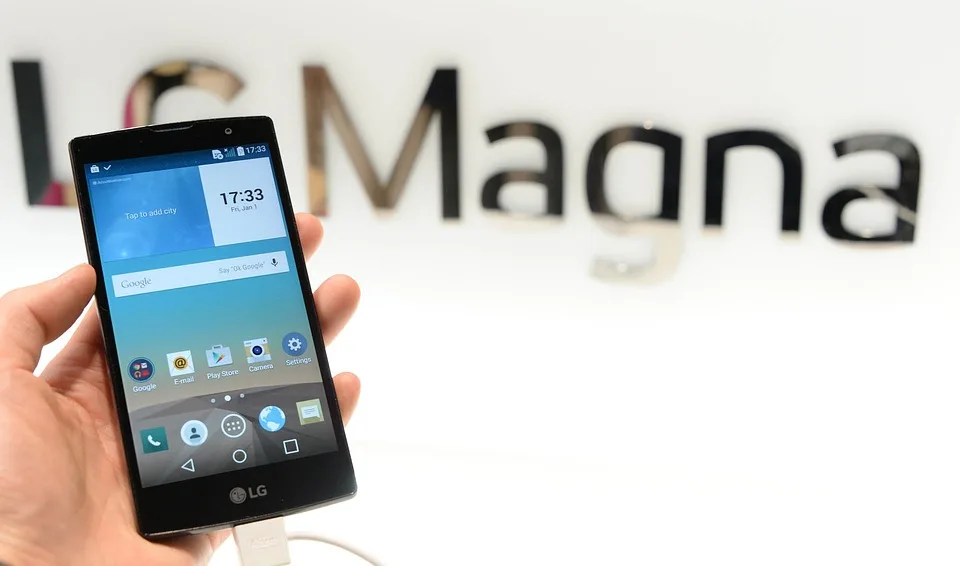When it comes to electronics, particularly in the realm of televisions and home appliances, LG and Samsung are two of the biggest names in the industry. Both brands offer a variety of products, each with distinct features, benefits, and qualities. This article explores various factors to consider when comparing LG and Samsung, particularly in their television and appliance lines.
Television Technology
Display Quality
When evaluating TV options, display quality is often the most critical factor. Both LG and Samsung utilize advanced display technologies, but they approach them differently:
-
LG:
- OLED Technology: LG is well-known for its OLED (Organic Light Emitting Diode) panels, which provide deep blacks, vibrant colors, and excellent viewing angles.
- Brightness: While OLEDs are superb in dark environments, they may struggle with brightness in sunlit rooms.
- Samsung:
- QLED Technology: Samsung’s QLED (Quantum Dot Light Emitting Diode) TVs offer improved brightness and color accuracy, making them suitable for well-lit environments.
- HDR Performance: Samsung typically excels in HDR (High Dynamic Range) content, providing a more dynamic range of colors and brightness.
Smart Features
The smart TV platforms for both brands are robust, but they cater to different preferences:
-
LG webOS:
- User-friendly interface with easy navigation.
- Supports popular streaming services and has a built-in AI assistant, LG ThinQ.
- Samsung Tizen:
- Offers a wide variety of apps and customization options.
- Features Bixby, Samsung’s voice assistant, allowing for voice control and smart home integration.
Home Appliances
Quality and Innovation
Both LG and Samsung have made a name for themselves in the home appliance sector, with each brand focusing on innovation:
-
LG:
- Reliability: Known for durable products, especially in refrigerators and washing machines.
- Smart Features: Integrates smart technology seamlessly, allowing users to control appliances remotely via the LG ThinQ app.
- Samsung:
- Design: Stands out with modern aesthetics, offering a sleek look to appliances.
- SmartThings Integration: Provides robust smart home compatibility, allowing for easy control and automation of multiple devices.
Energy Efficiency
Energy savings are a priority for many consumers, and both brands have made strides in eco-friendliness:
-
LG:
- Many LG appliances are ENERGY STAR certified, emphasizing low energy consumption without sacrificing performance.
- Samsung:
- Offers several ENERGY STAR-rated products and features like EcoBubble technology in washers that improve energy efficiency.
Pricing and Value
Cost Considerations
Pricing can vary widely based on the type, size, and specific features of appliances and televisions:
-
LG:
- Generally priced competitively, especially for OLED TVs, which may be more expensive due to their advanced technology.
- Offers a range of budget and high-end products to cater to different consumers.
- Samsung:
- Often has a wider price range, especially in QLED offerings, which can be more expensive in the premium segment.
- Frequent promotions and bundles can make Samsung products more affordable at times.
Warranty and Support
The level of support and warranty can also influence buyer decisions:
-
LG:
- Typically offers a 1-year warranty on most products, with some appliances providing extended warranties.
- Samsung:
- Also offers a 1-year warranty but has been known for more comprehensive support options, including remote diagnostics for some devices.
Final Thoughts on LG vs. Samsung
The choice between LG and Samsung ultimately varies by individual needs and preferences. Factors such as brand loyalty, specific product requirements, and usage scenarios all come into play. For example, if an individual prioritizes superior display quality in a TV, LG’s OLED technology could be the go-to choice. Conversely, someone who wants bright, vibrant colors in a well-lit room may lean towards Samsung’s QLED line.
When selecting home appliances, those seeking innovative features and modern design might find Samsung more appealing, while those who value reliability and smart integration may lean towards LG.








